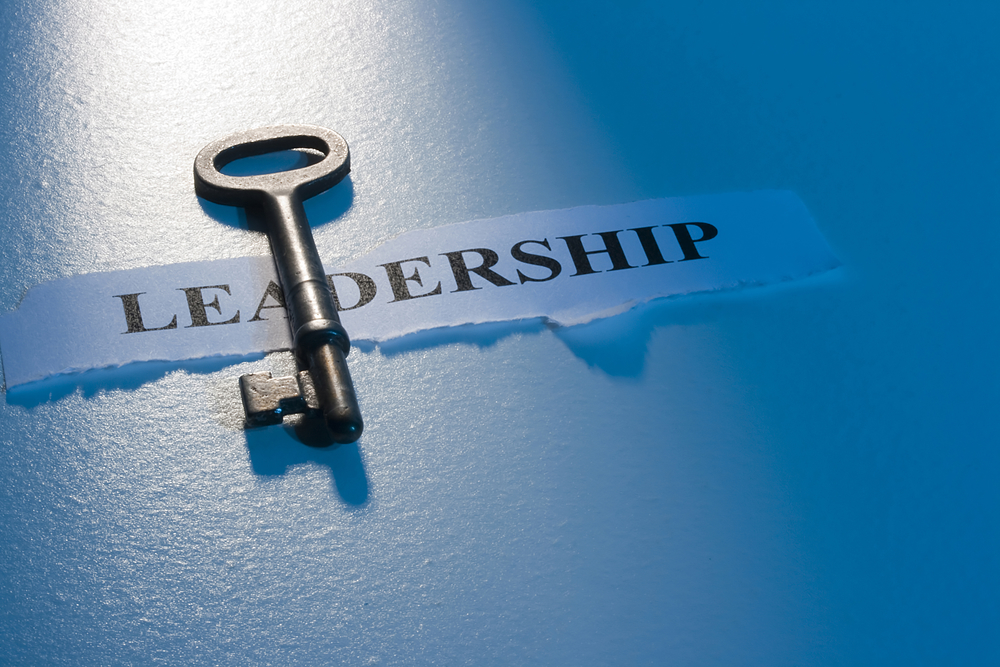
If you want an organisation that achieves outstanding – and perhaps more importantly – sustainable results, you need effective leadership. And that’s truer today than it’s ever been, as the rate of change in business organisation and culture speeds ever faster.
The research is interesting
When we conducted our own research into the challenges of management and leadership in the automotive industry, we unearthed an interesting finding. Line managers clearly saw that attending workshops or working with a business coach were key learning channels. However, as people become more senior, the focus is on more self-directed, informal learning. Reading relevant business books and publications, attending conferences and web research are important areas for leaders in improving their knowledge in this sector.
We’ve certainly found over our years of working with senior leaders that there is a resistance to take part in what might be viewed as ‘traditional training’, such as development programmes. But interestingly, when you ask line managers their views on courses that they have attended, particularly around subjects such as coaching, they often flag up that their bosses should be attending too.
Within the automotive sector, we know that manufacturers steer away from insisting that senior managers attend the same type of training as their departmental heads.
A common factor in great leaders is understanding that developing themselves and their employees is a continual process. Success is an ongoing journey of improvement and adjustments. And so, what’s a little worrying is that a quarter of the leaders interviewed in our survey appear to get involved in little or no planned self-development activities.
So, what should leaders be doing to self-develop?
In our view, leading others starts with knowing yourself. Being aware of your own skills and abilities, values and weaknesses will help you to develop your team. If you are to reach your highest potential, you can’t rely on the HR department or your boss. You have to be committed to driving your own development yourself.
There are numerous resources available to help. Today’s connected world means technology can help anyone improve their skills. Blogs, online training, videos, thought leadership articles are all available at the click of a mouse.
It’s a good idea to write your own development plan. To gather the information you need for this, you could consider:
- Asking for critical feedback from a trusted colleague
- Emulating the behaviour of other leaders you admire
- Thinking carefully about the standards and goals that are important to you
- Practising new behaviours and asking for feedback on progress
- Jotting down daily thoughts and observations about yourself in a journal
And don’t shy away from using a coach. A good one will help you to challenge your assumptions and inbuilt prejudices and explore options for development. You’ll learn new things about yourself, and be able to focus on areas that, if developed effectively, could significantly impact your performance and success.
Are you a leader in your organisation? If so, how do you self-develop yourself? We’d love to hear your thoughts.



